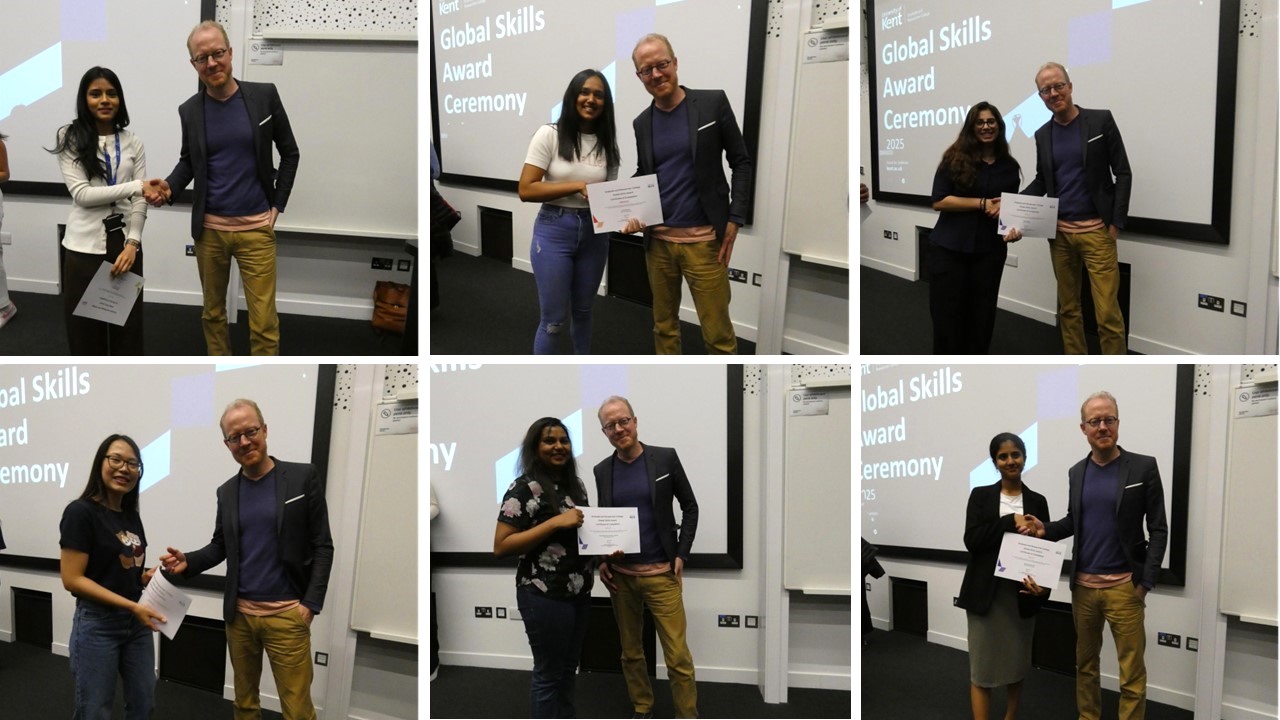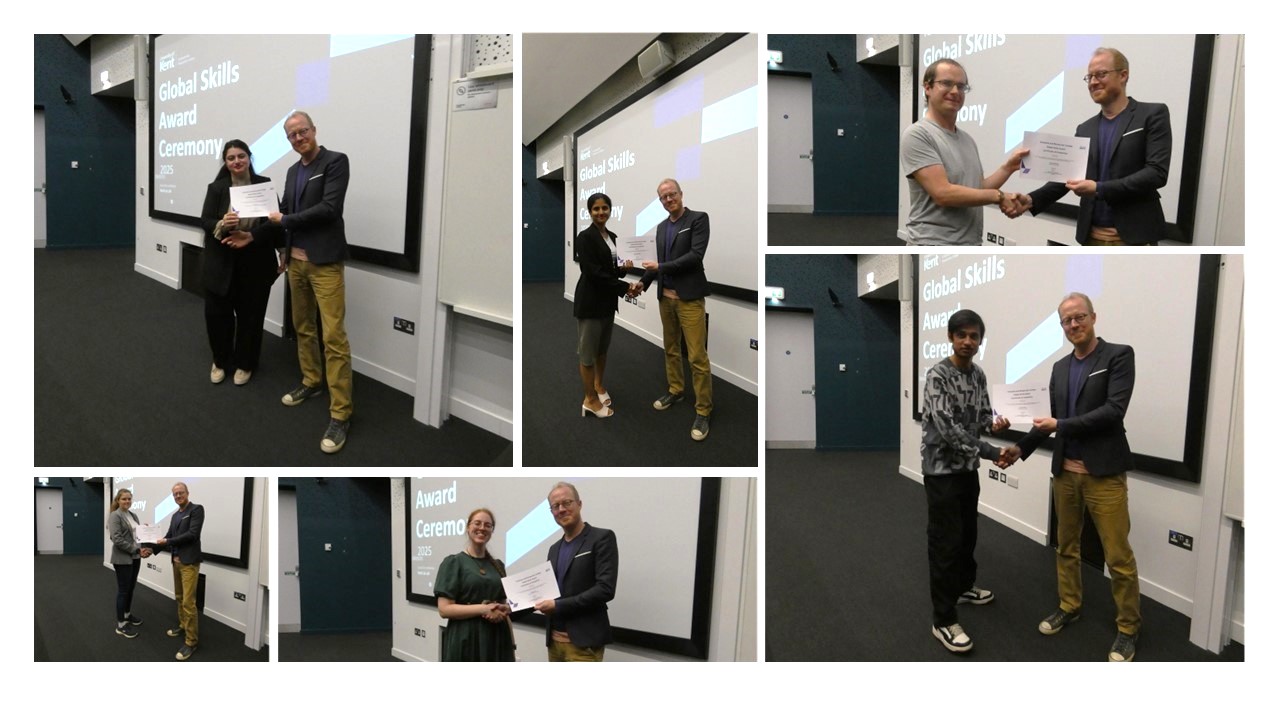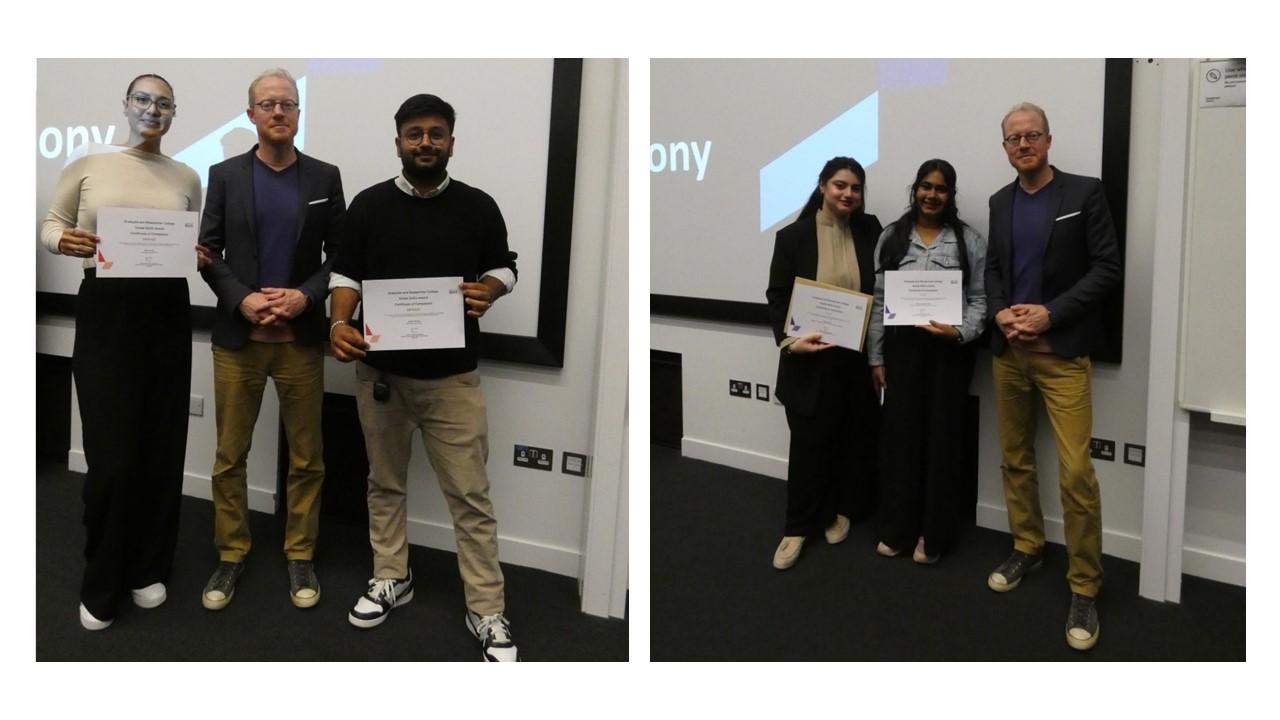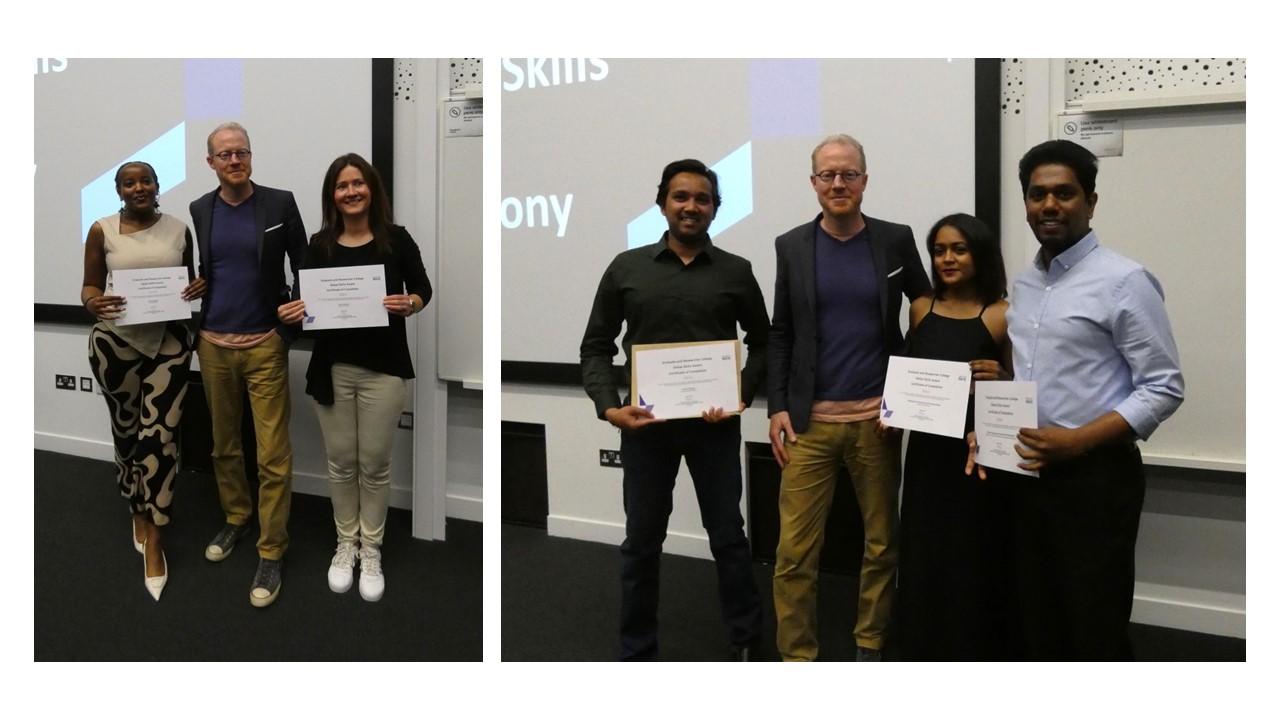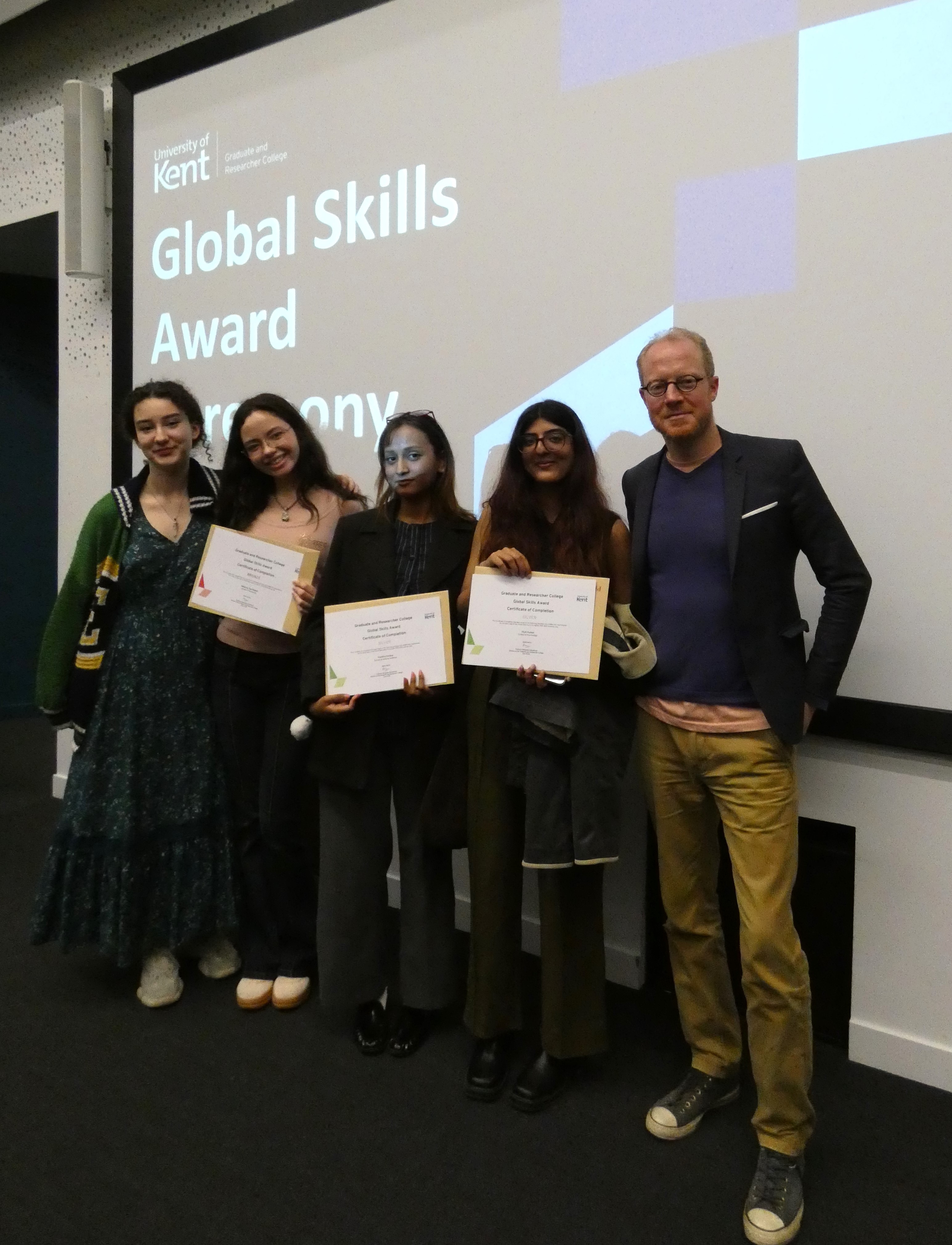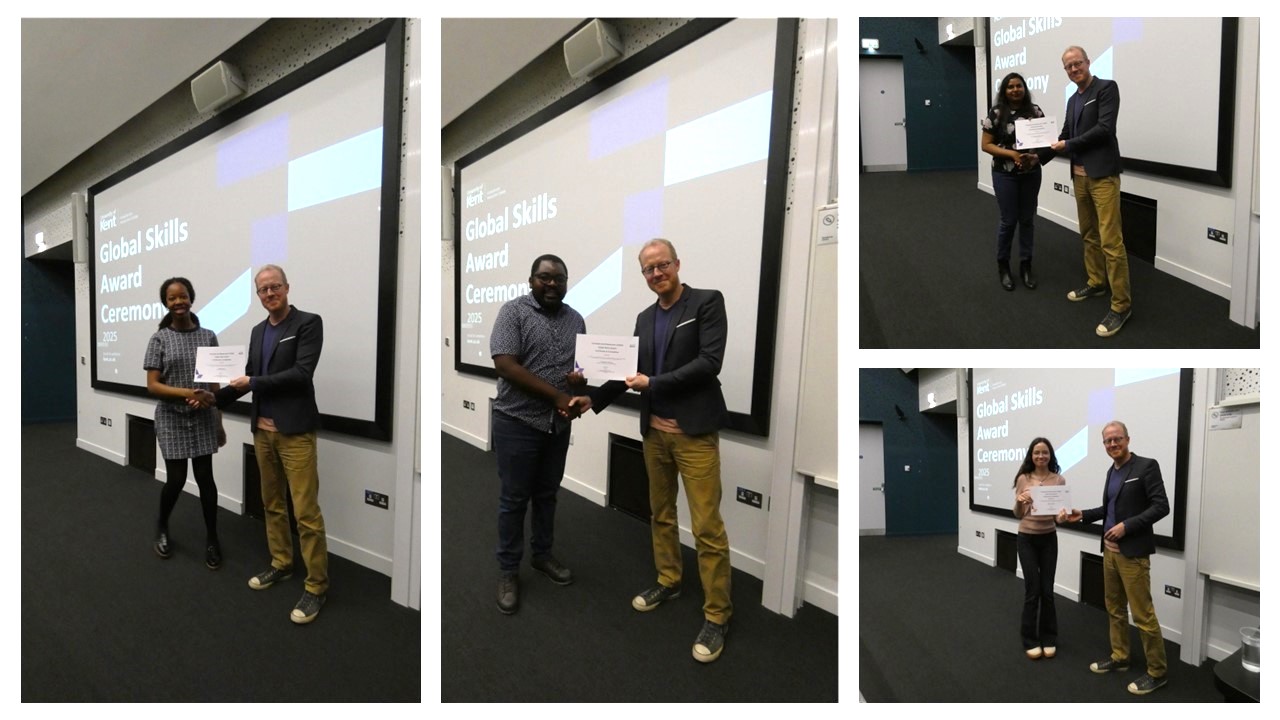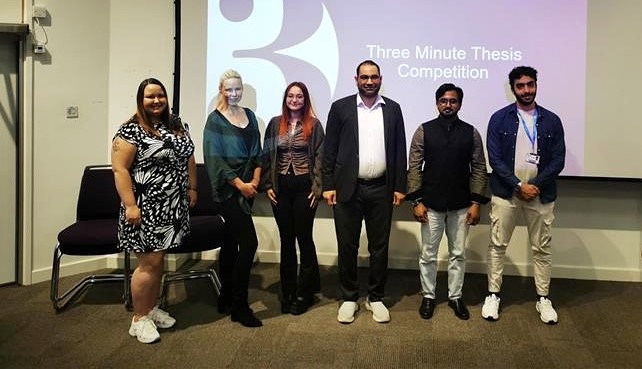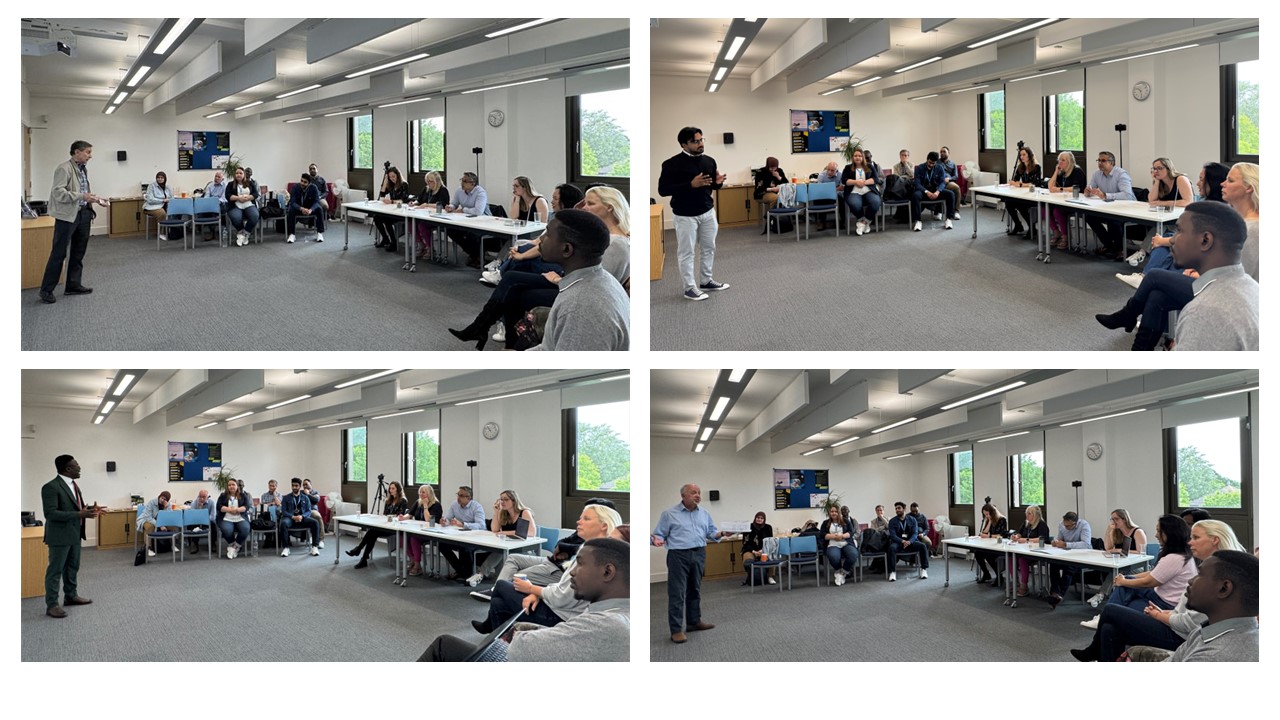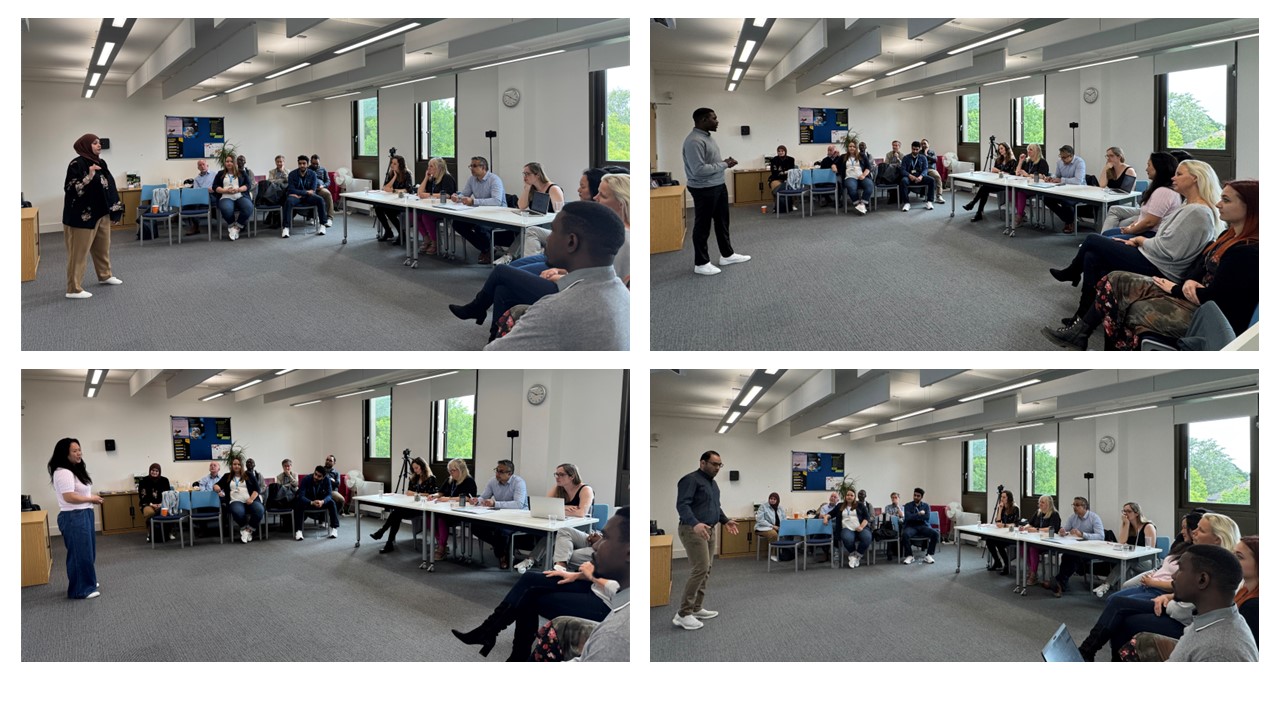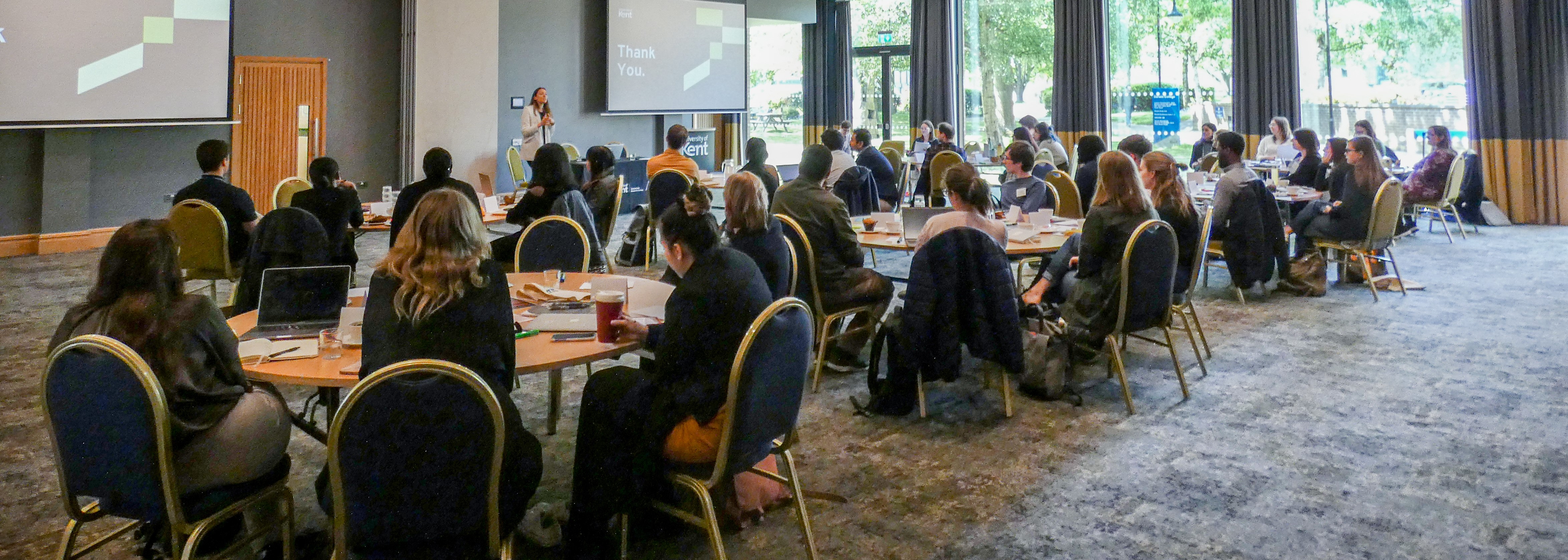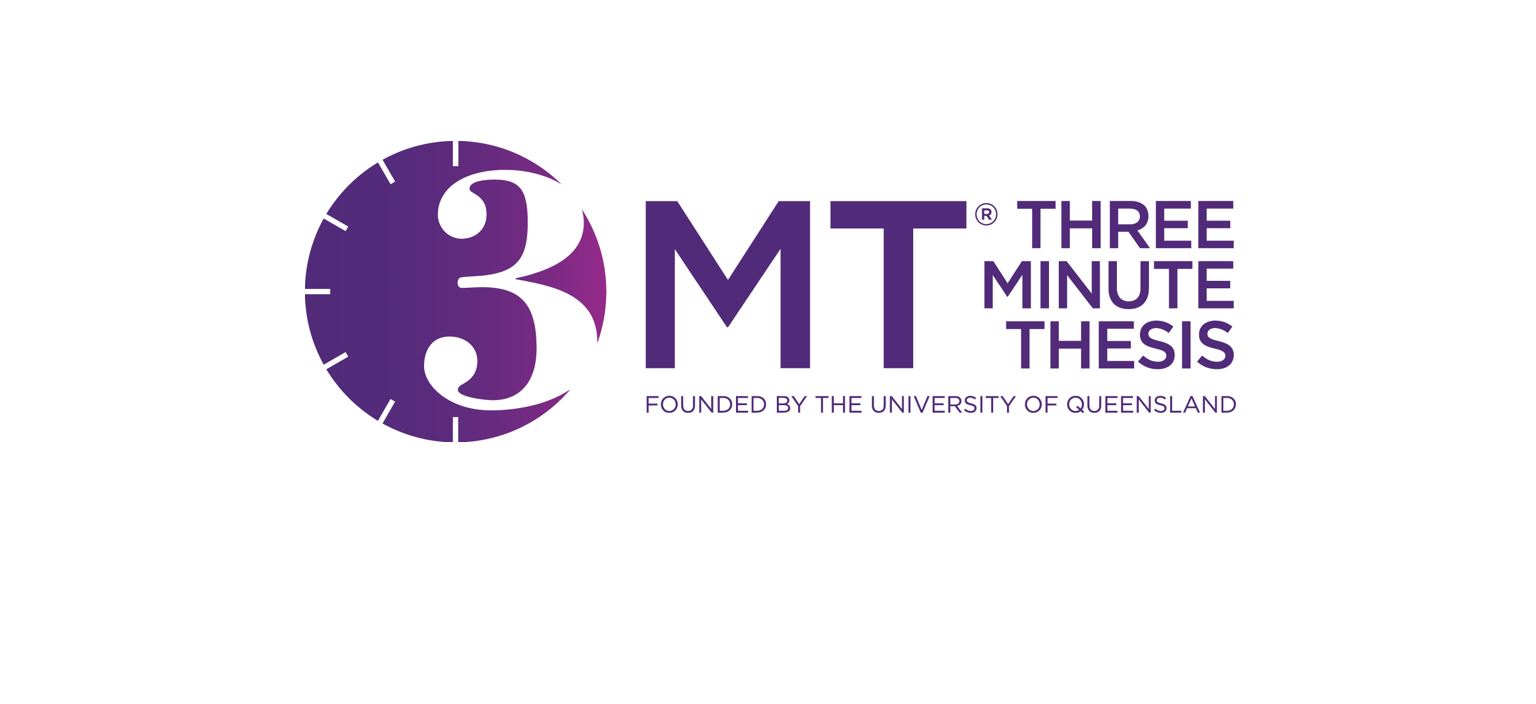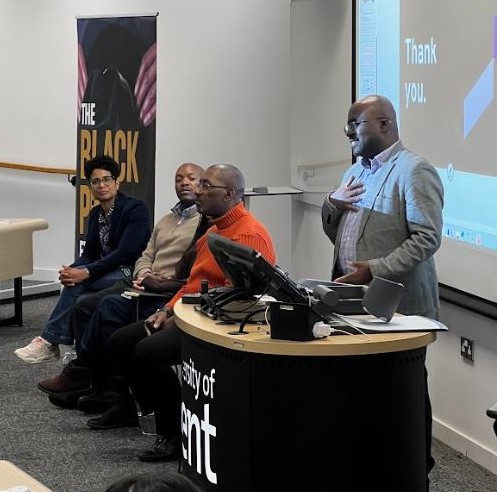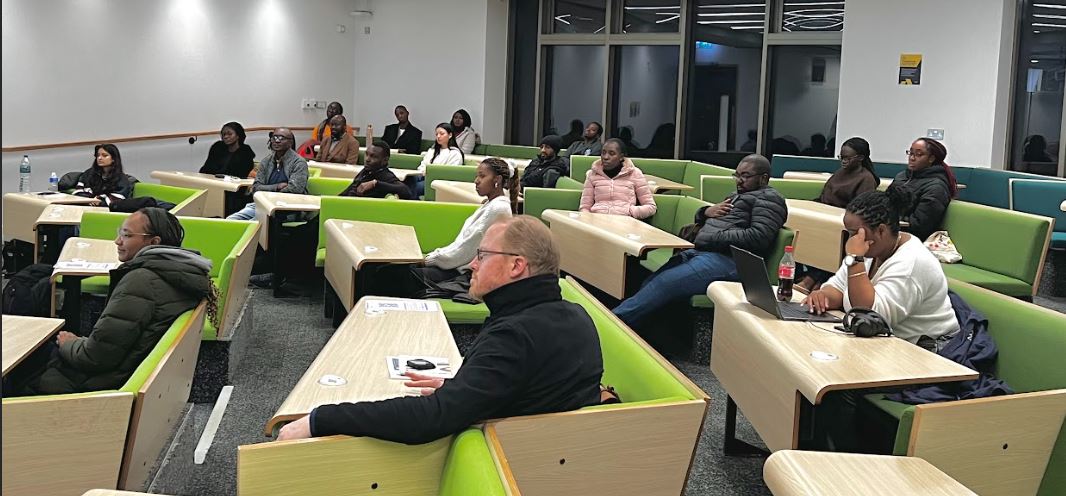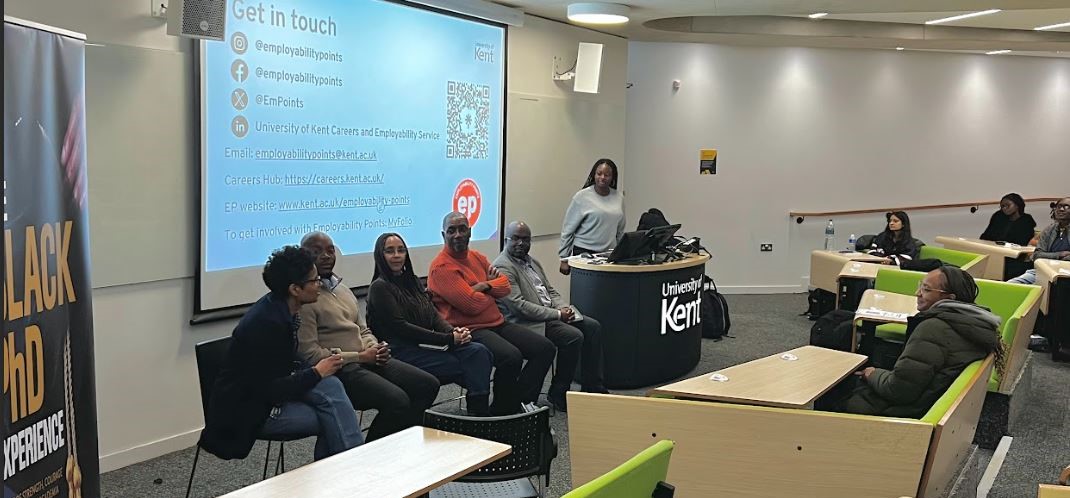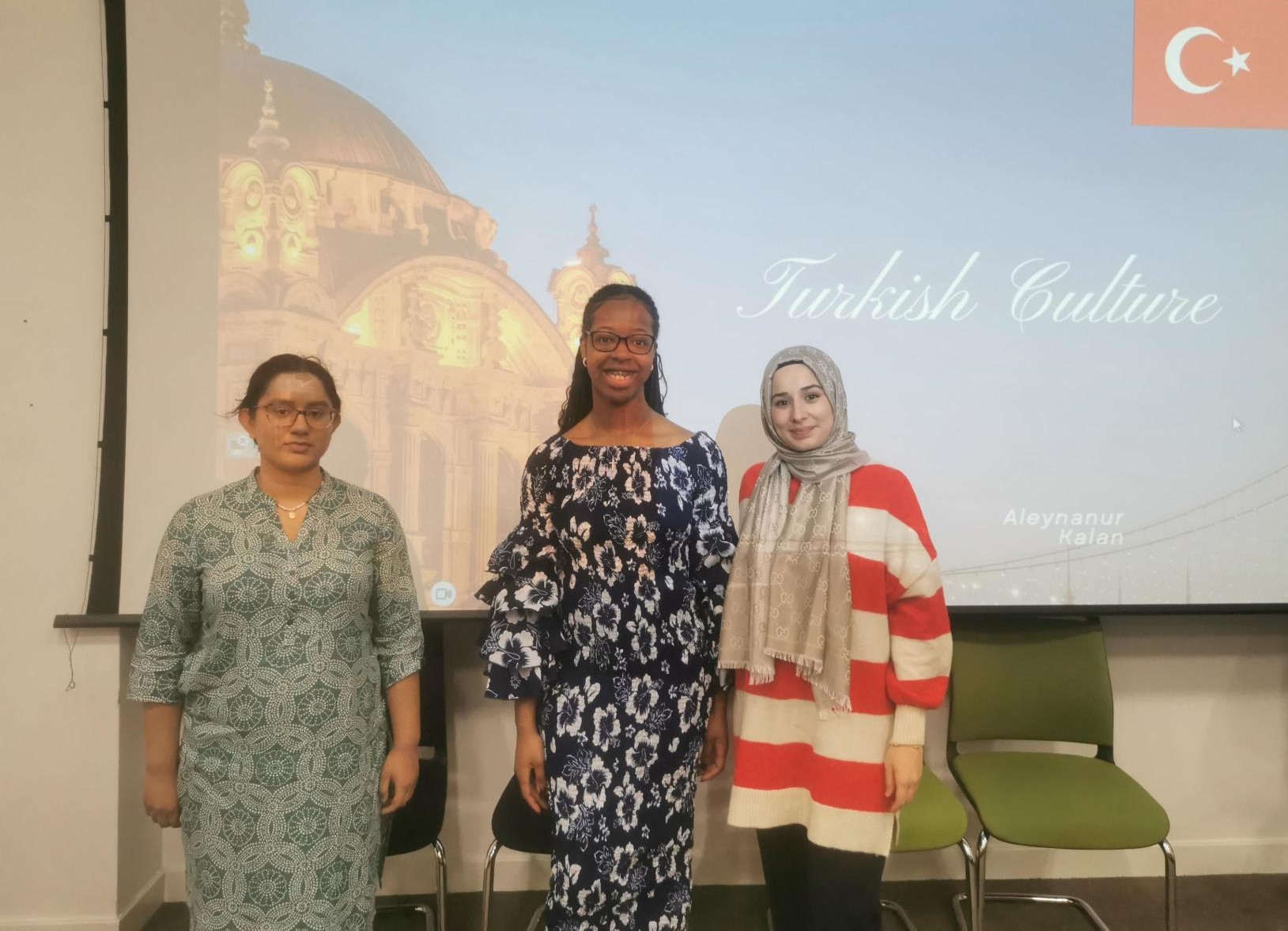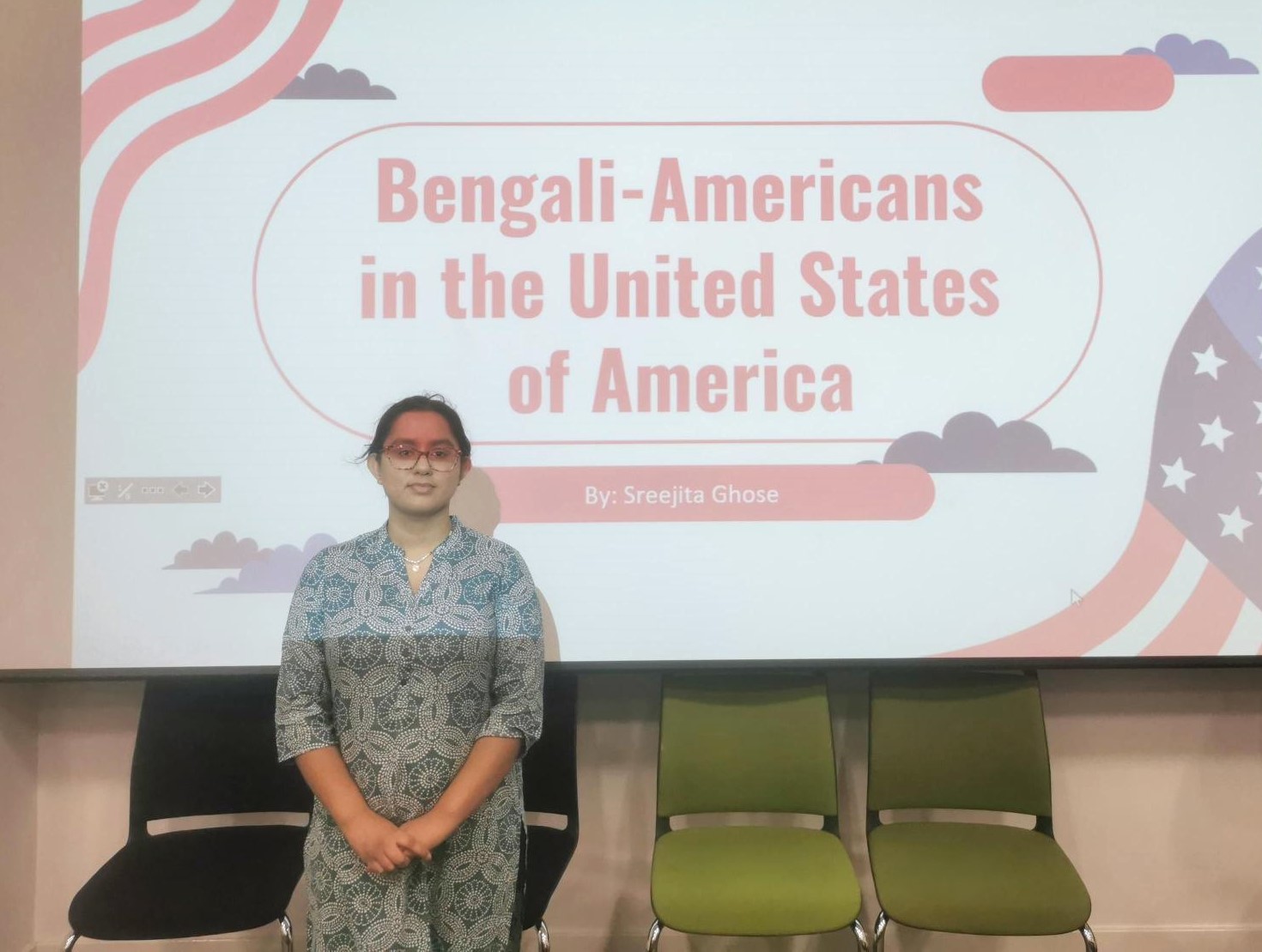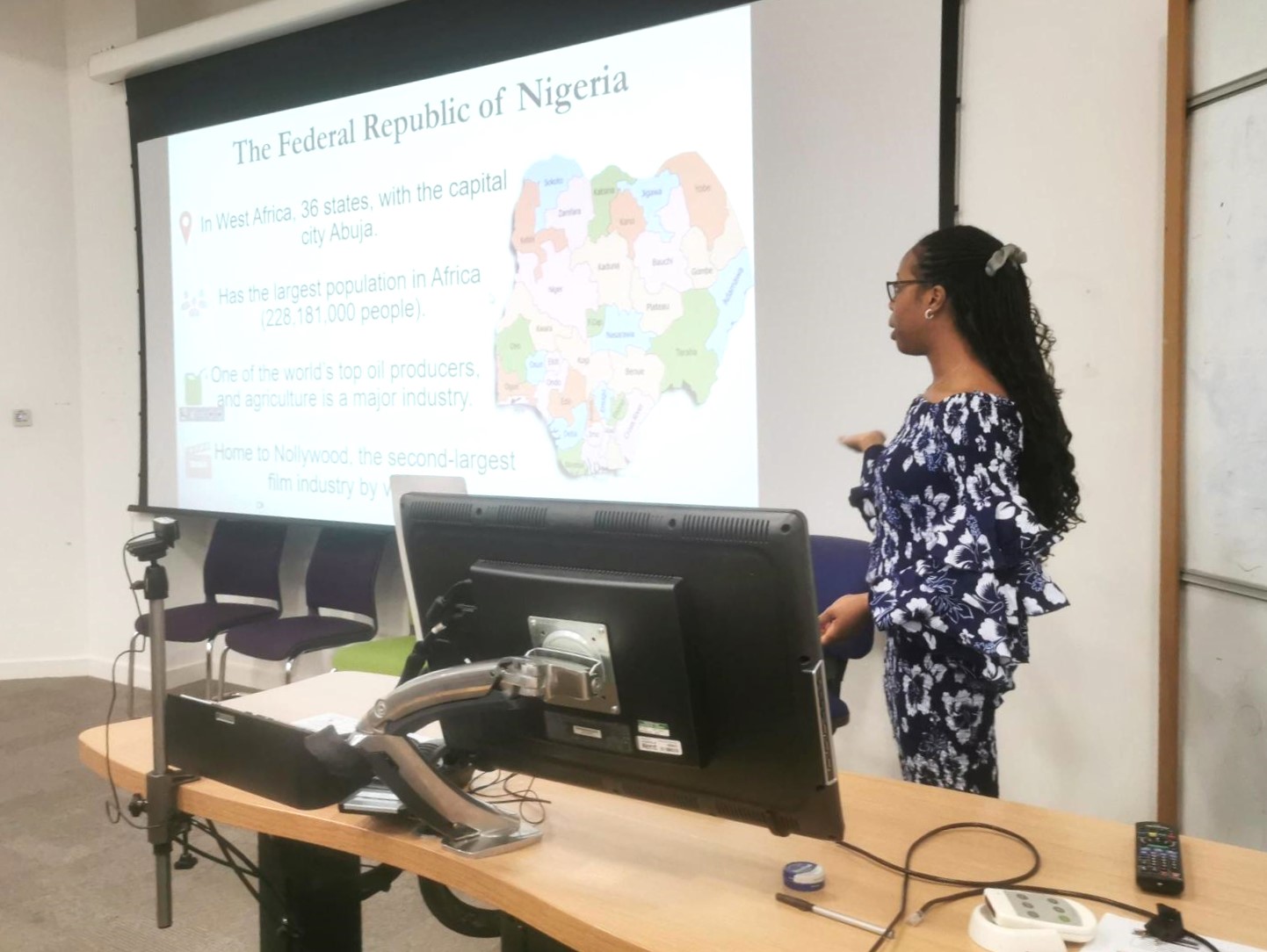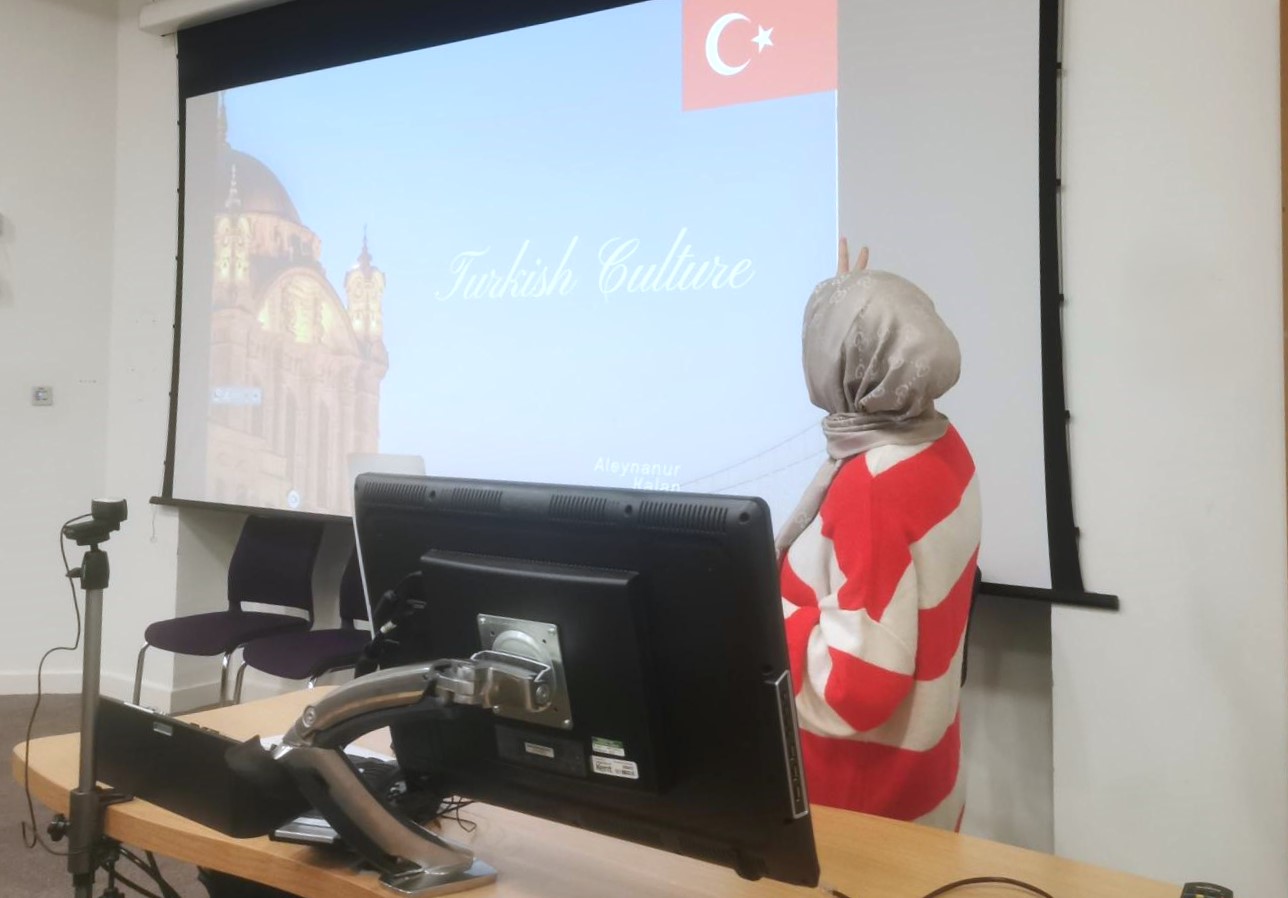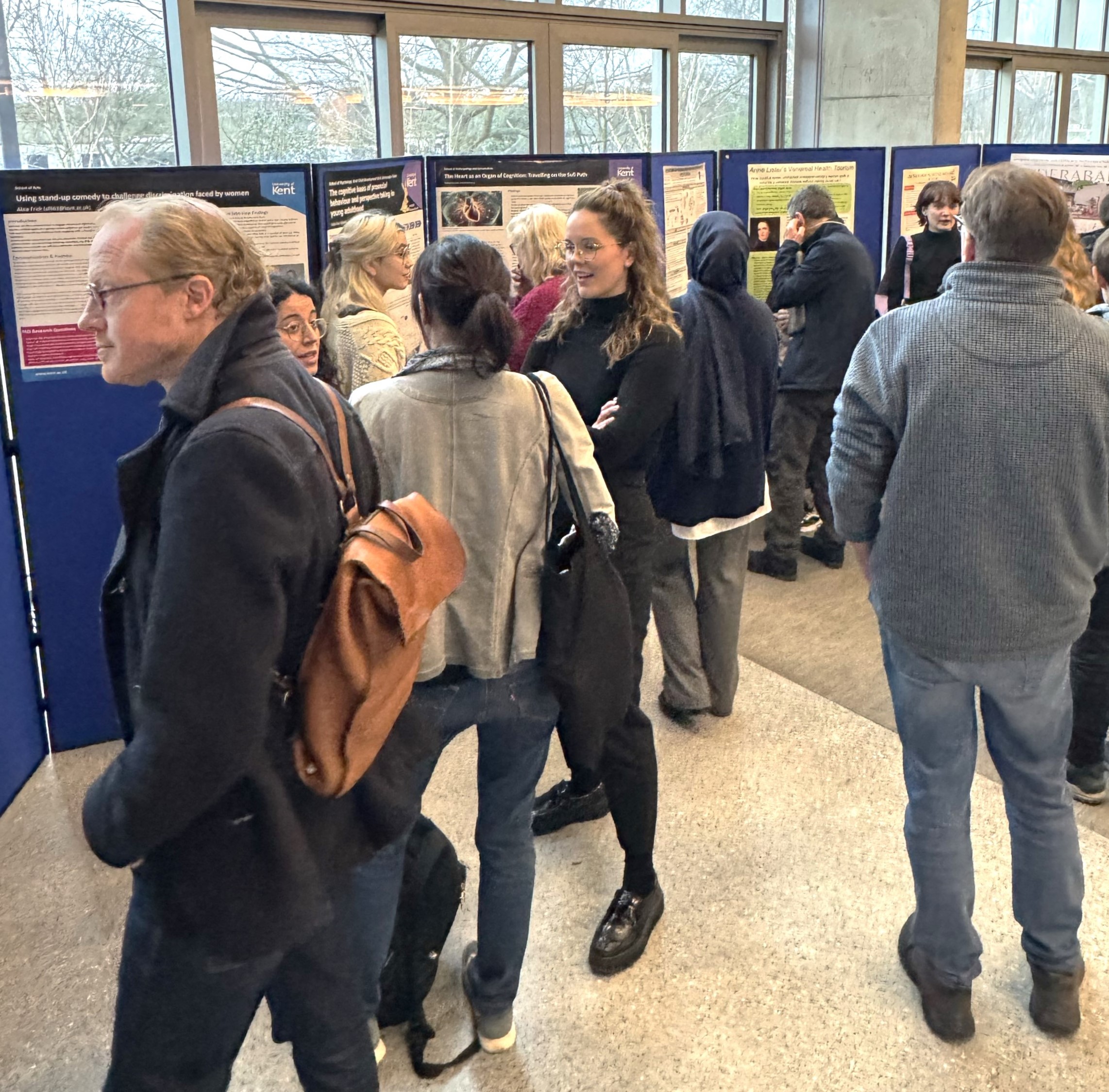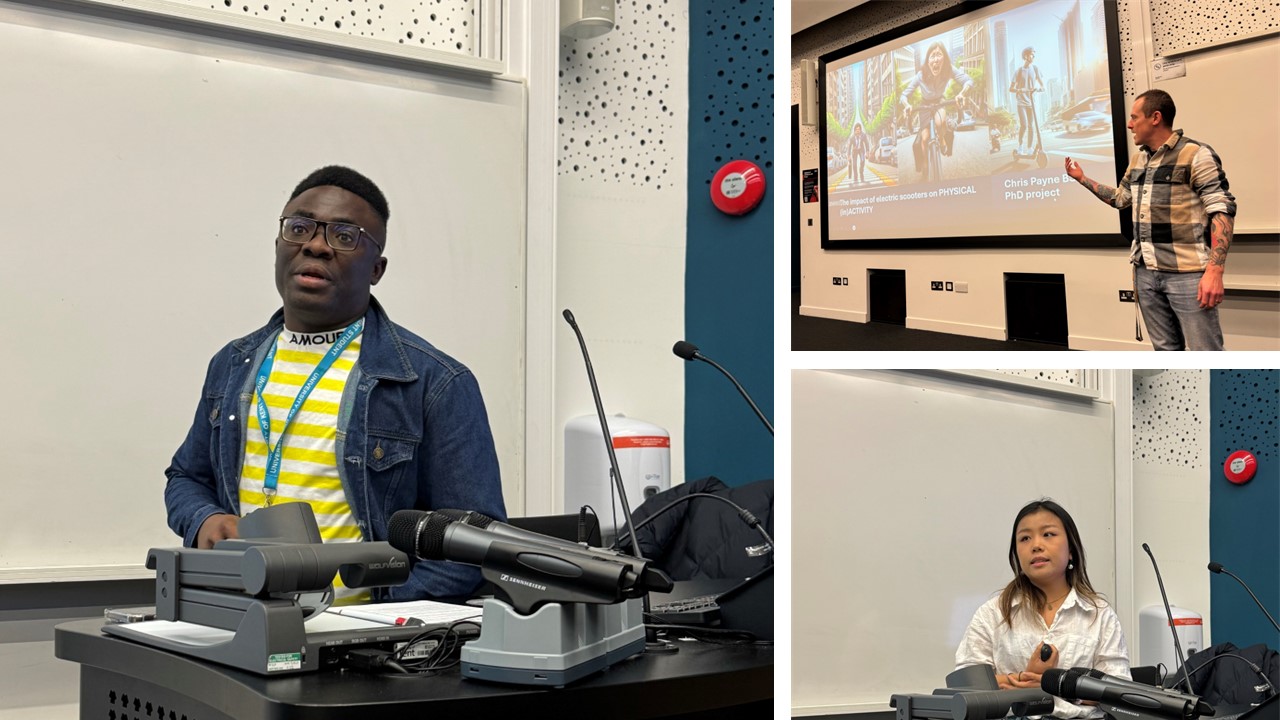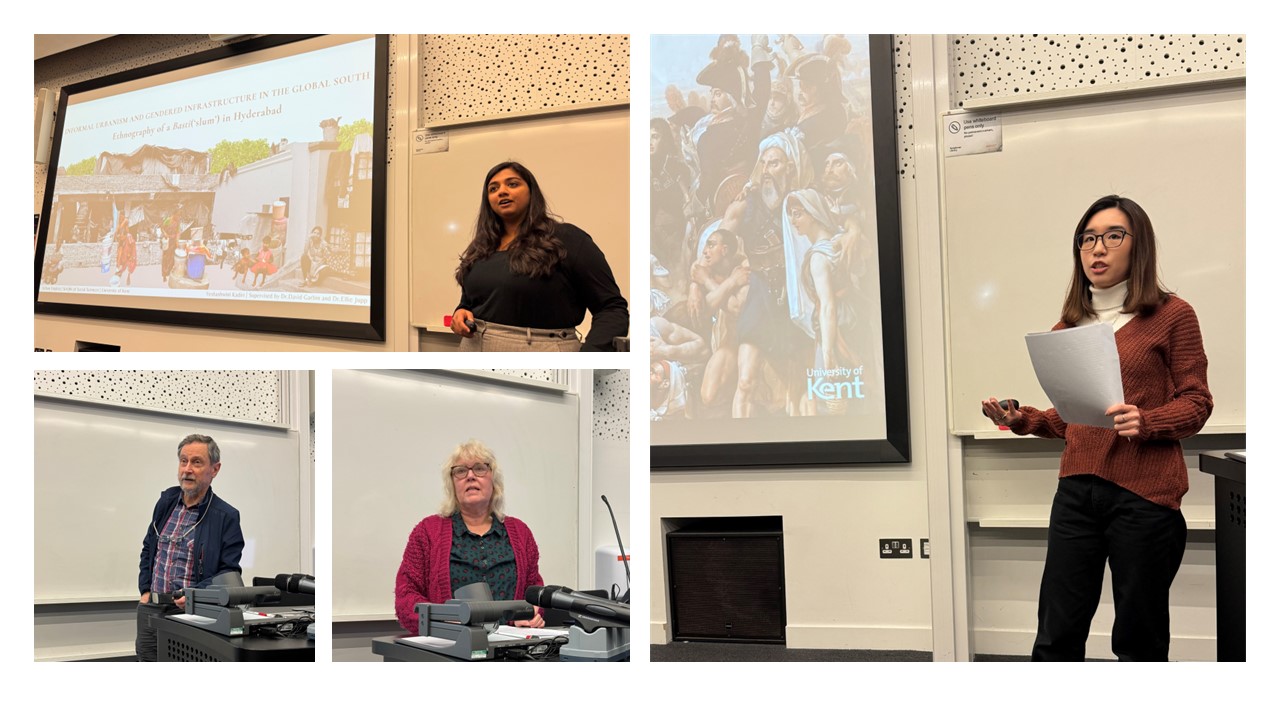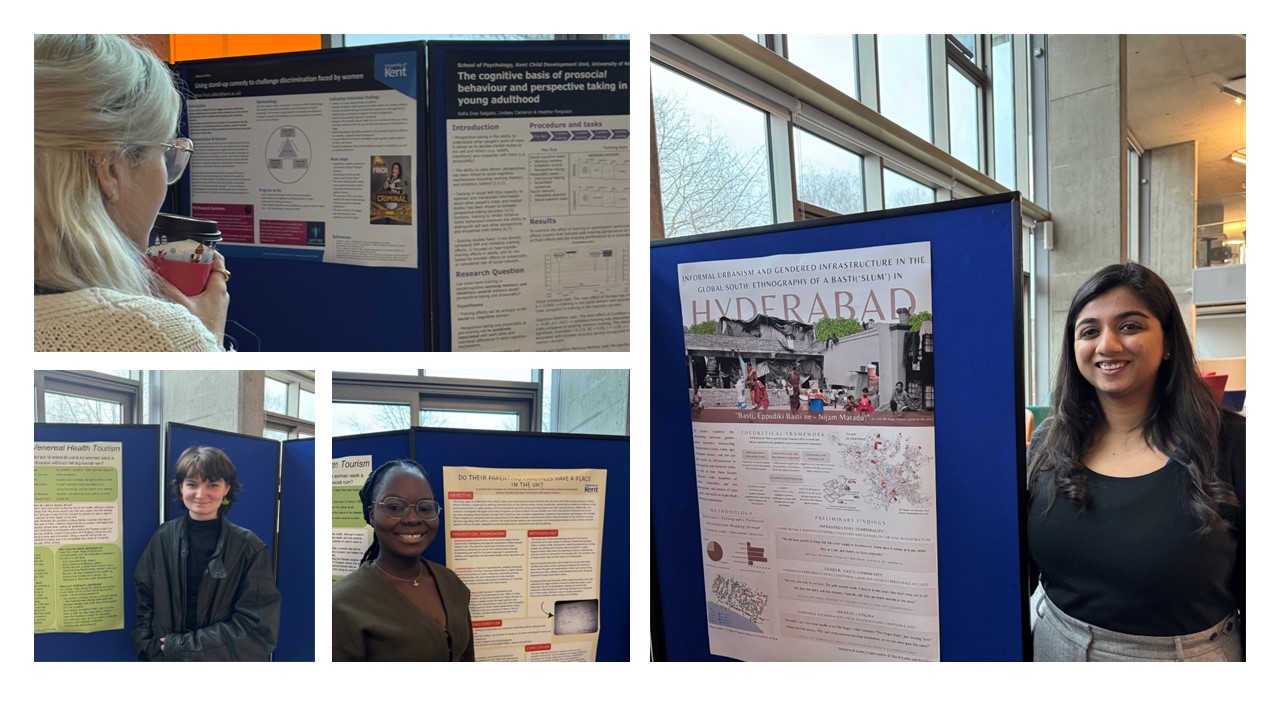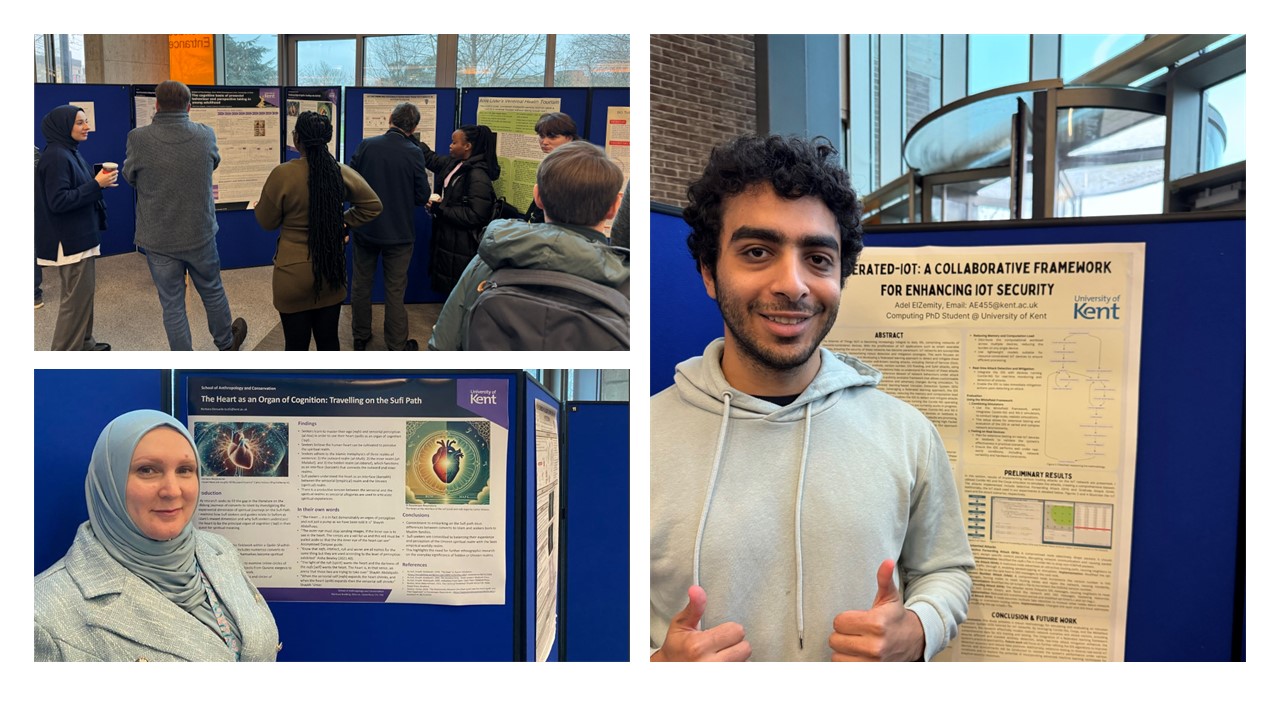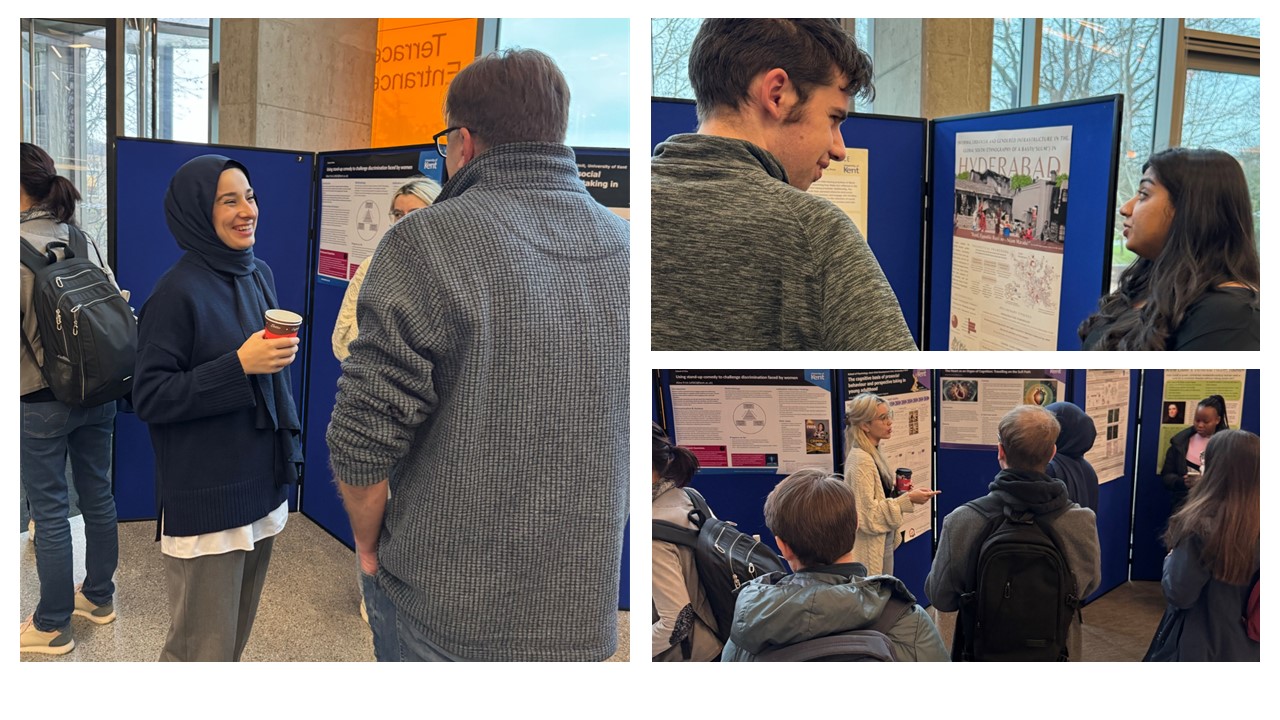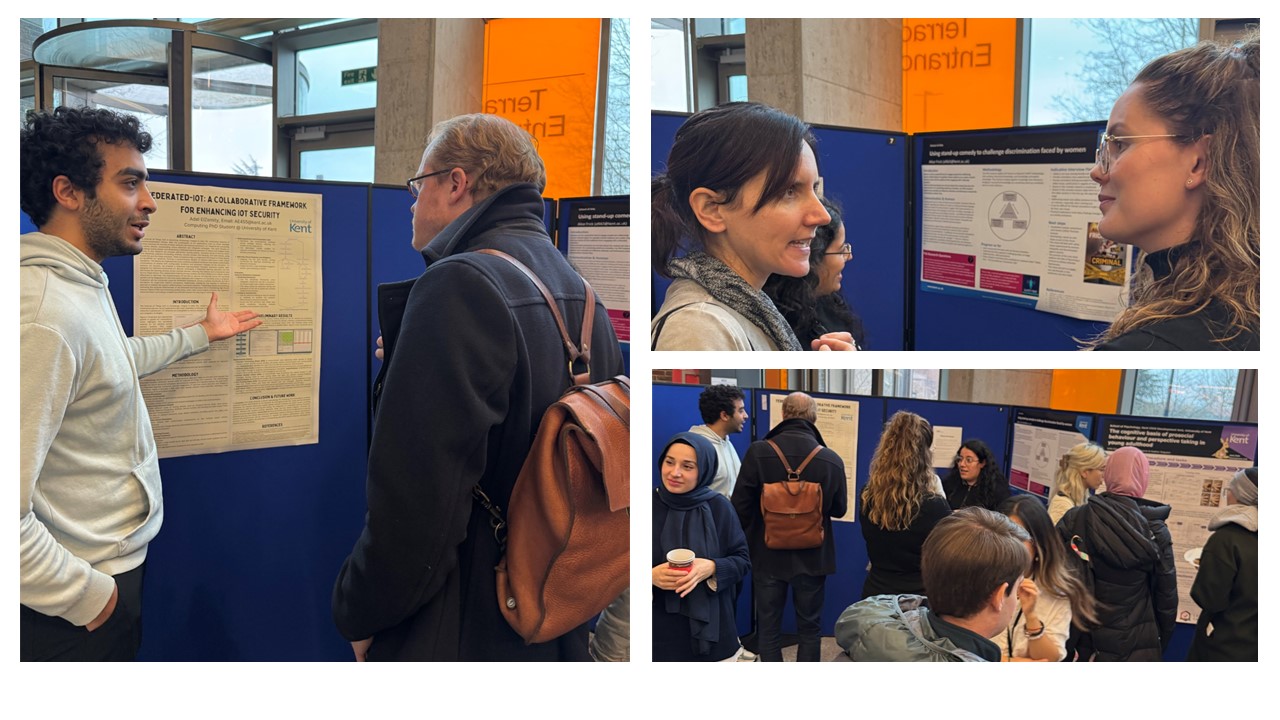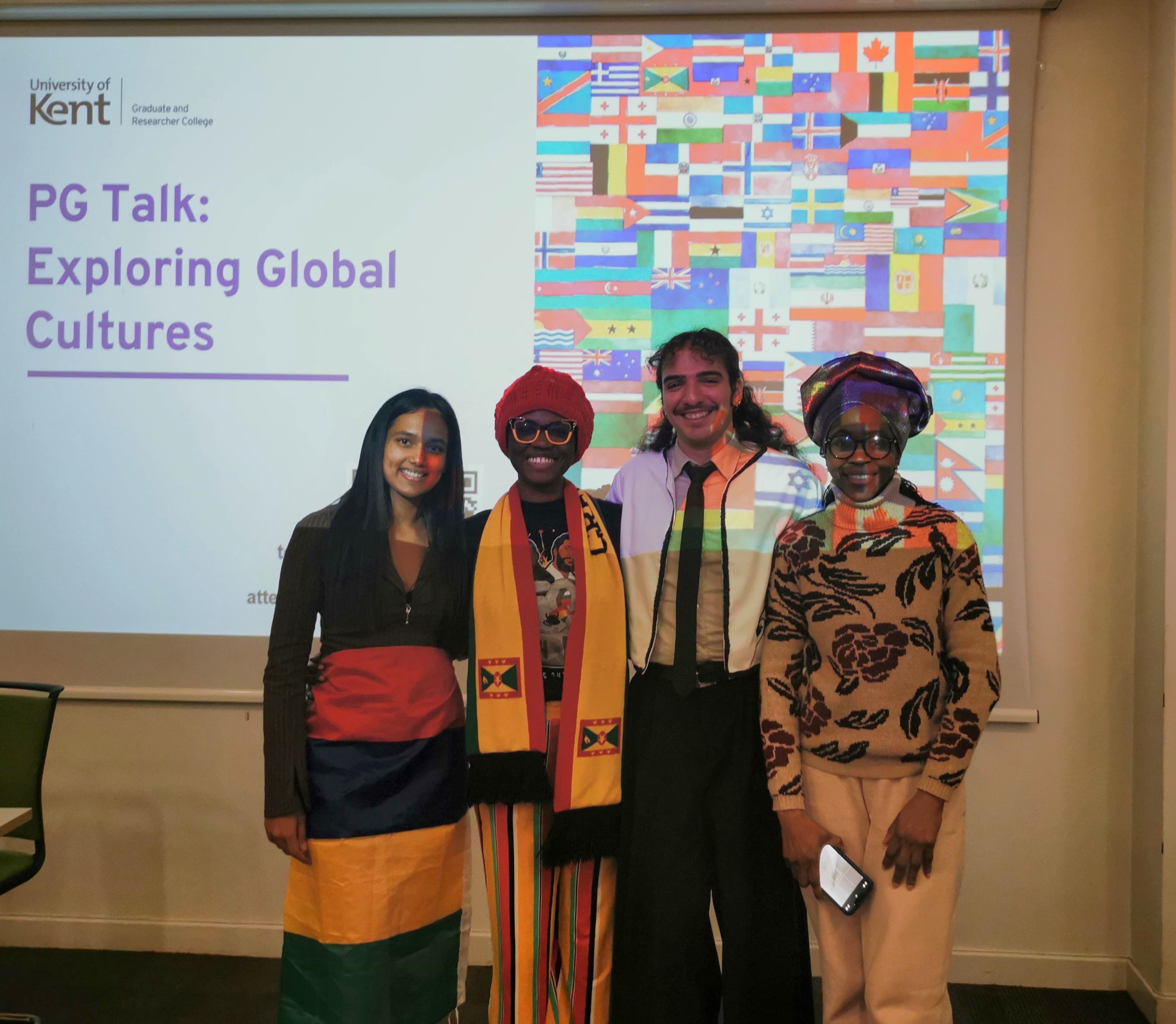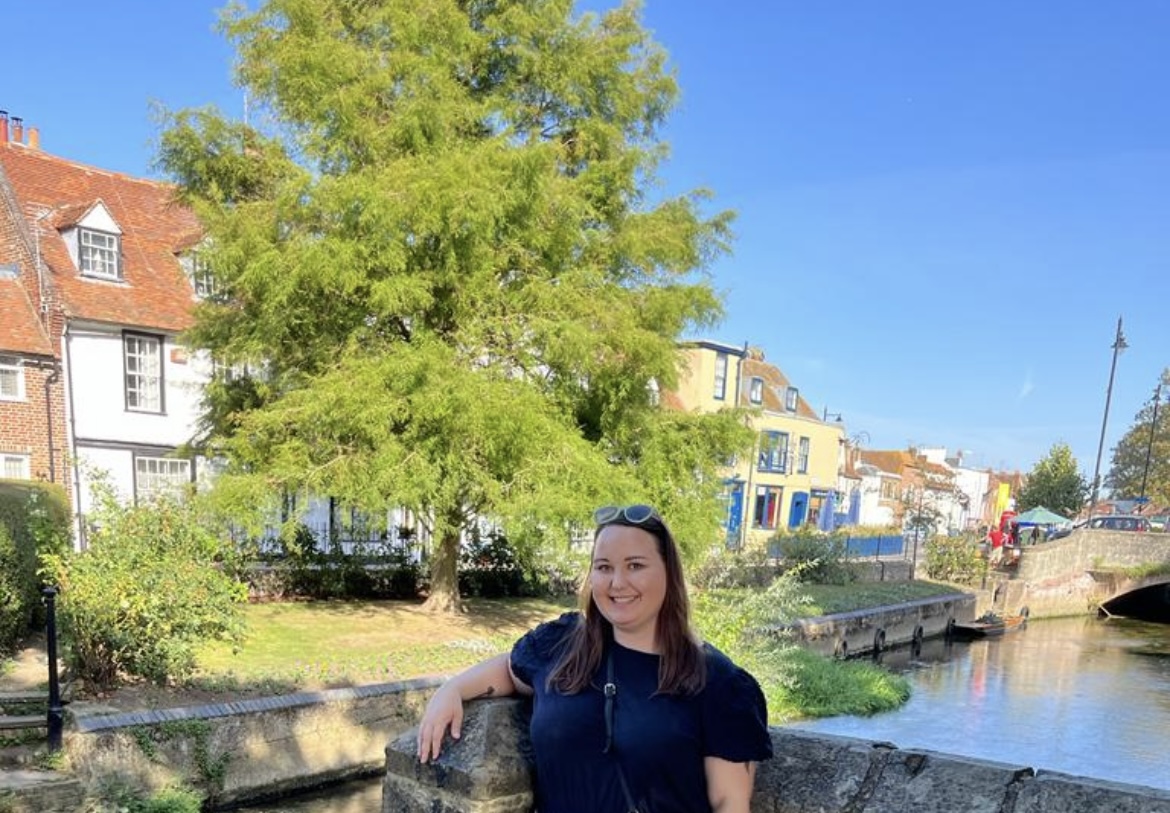*Disclaimer: This article discusses my recovery from a substance use disorder and provides resources at the end, if you or someone you know is struggling.
Who am I?
My name is Katelyn, and I am a first-year PhD student in Sociology at the University of Kent. Originally from a small town outside Columbus, Ohio, my journey to the PhD has brought me around the world. From growing up in the Swiss suburbs to studying at university in five different countries, my academic journey has been all but straightforward. In this article, you’ll read more about my path from brick uni to distance-learning and back again. It has not been easy, but I hope I can inspire others that anything is possible if you believe in yourself.
My Undergraduate Journey
Like many people, I began my university journey at the age of eighteen, freshly graduated from my International School in Switzerland, where I grew up. Also like many people, I was uncertain which direction to take, so I went with my safest bet, which was to study English Literature and Linguistics at the University of Edinburgh. However, near the end of my first year, I realised the course wasn’t right for me. I have always loved reading and creative writing growing up, but I didn’t have passion for my course. That’s when I decided to transfer unis and took the leap to study back in my home country, at the George Washington University in Washington, D.C.
My time in D.C. led to a similar fate, and by the end of my first year there, I was ready to return to Europe. Even though I looked and sounded like my peers, my time living abroad for so long left me feeling disconnected from the American experience. I wanted desperately to move back to Europe and be closer to my family, who were still in Switzerland, so I transferred yet again to the American University of Paris, in France.
For the most part, I enjoyed life in Paris. It was a hustling and bustling city with lots to do, and my professors were very knowledgeable about their subjects. However, I fell in with the wrong crowd, and my academics started slipping. I developed a substance use disorder and eventually withdrew from my studies there.
In February 2020, I went to treatment to get the help I needed. Although it was the most difficult experience of my life, I came out clean and ready for a new beginning. That said, I couldn’t help but feel like my university destiny was shattered. That is, until I heard about the Open University.
After three failed attempts at uni, I felt nervous embarking on a distance-learning journey with the OU. What if I wasn’t meant for university? What if I failed again? I also didn’t have a lot of support from my family when I announced that I wanted to finish my Bachelor’s degree online; however, they did let me move back home to Switzerland to give it one last go.
The first few months were an adjustment. I had gone from very structured learning to structuring my own learning, and it was a learning curve to say the least. However, I persevered and I made it through. I graduated with my BA in Criminology and Sociology from the Open University with first-class honours, and to this day, I am incredibly grateful for the opportunities the OU provided me.
Transferrable Skills for the Future
Distance-learning gave me skills that have translated directly to my PhD, such as time-management, organisation, independence and self-motivation. It allowed me time to focus on myself and my recovery while still pursuing my academic passions. Distance-learning with the OU really helped me rebuild my life and restore my confidence – so much so, that I ended up pursuing a Master’s degree in Criminal Justice Policy from the London School of Economics.
Once again, I found myself country-hopping, hoping to find success as a young academic. I won’t lie – going to LSE scared me, because my first several attempts at brick uni were unsuccessful. Not to mention I was leaving behind my closest friends and family in Switzerland.
However, despite the challenges that I faced moving to London, I am so glad I did, or else I would not be in Canterbury today. Pursuing my MSc in Criminal Justice Policy solidified my interest in, and passion for, criminology and sociology which led me to apply for a PhD at the University of Kent.
Why Kent?
Something I’ve been asked a lot is, Why Kent? Firstly, I chose the University of Kent because their motto stood out to me. “We stand for ambition” was something that resonated with me, because despite facing adversity, I did feel like I had no ambition necessary to succeed at a PhD. Secondly, I found a PhD supervisor whose expertise aligned very closely to my proposed research – an interdisciplinary study of the gentrification of sexual geographies in London’s Kings Cross. Mentorship is something I really value, and I firmly believed that the guidance I would receive at the University of Kent would be unparalleled to any other.
So, I began my PhD in Sociology in January of 2024 as an international and mature student. Moving to Canterbury has been an amazing experience for me so far. Despite London’s influence on my academic journey, the city was overwhelming to me. I find Canterbury much more bite-size, and my studies so far have been nothing but satisfying.
Mentorship is something I really value, and I firmly believed that the guidance I would receive at the University of Kent would be unparalleled to any other.
In particular, the student support at the uni – including that from my supervisor – has been extremely helpful for me. A few months before commencing my PhD, I was diagnosed with ADHD and was finding it hard to come to terms with what that meant for my future studies. Yet, the support I’ve received has helped me learn to work with my ADHD, rather than against it.
I also really value the diversity at the University of Kent. I feel like I belong, and I think that is what I have been searching for all along.
I also really value the diversity at the University of Kent. Despite living in a different country and being slightly older than my peers, I feel at home here. I feel like I belong, and I think that is what I have been searching for all along.
What’s Next?
Now, as I head into my second year of the PhD, I am excited for what lays ahead. I have the tools I learnt from the Open University and four years in recovery under my belt, and I have never felt more prepared to face what comes my way.
Of course, PhDs aren’t easy. In fact, I’ve faced lots of challenges already such as recruiting participants for my ethnography. But, it’s all part of the learning experience, and I’m so glad I’m experiencing it at the University of Kent.
Thank you for taking the time to read about my diverse route to PhD studies.
Katelyn Owens
Resources
| For substance use/abuse |
For mental health |
For neurodiversity and learning disabilities |
| alcoholics-anonymous.org.uk |
https://www.samaritans.org |
https://www.mencap.org.uk |
| alcoholchange.org.uk |
https://giveusashout.org |
https://adhdaware.org.uk |
| wearewithyou.org.uk |
https://www.mind.org.uk |
https://www.autism.org.uk |
| changegrowlive.org |
https://www.sane.org.uk |
|
| ukna.org |
https://www.spuk.org.uk |
|
| addictionfamilysupport.org.uk |
https://www.thecalmzone.net |
|
